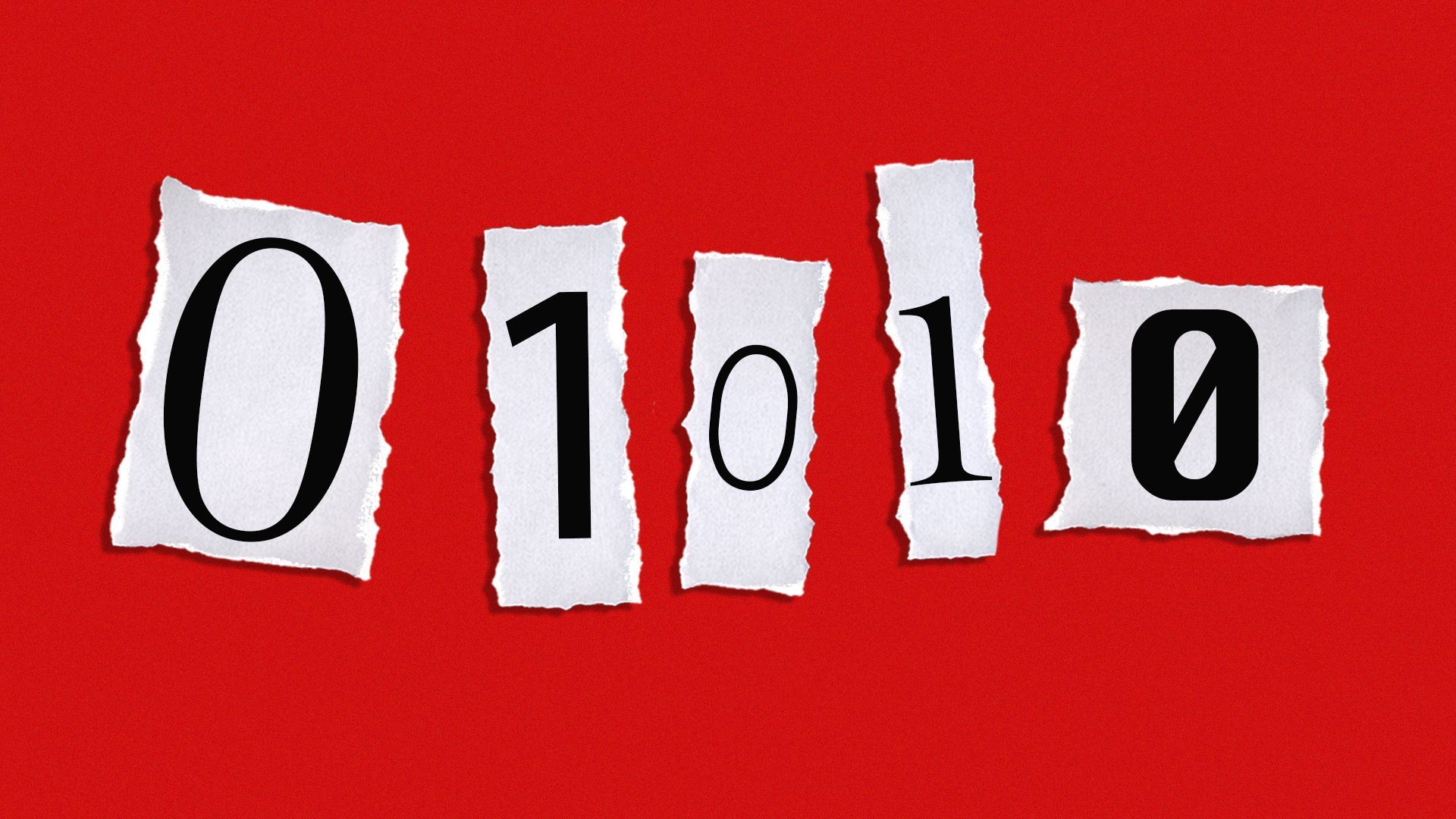 Data: St. Louis Fed; Chart: Dion Rabouin/Axios Visuals Last week's Consumer Price Index reading is putting increased focus on the Federal Reserve's laissez-faire stance, drawing concern from new critics and making old ones even more boisterous. What we're hearing: "Data are pointing more towards higher inflation than I expected, and sooner," former U.S. Treasury Secretary Lawrence Summers tells Axios' Hans Nichols and Mike Allen. "With more inflation signs sooner than I would have expected." - "One should be more concerned about inflation than one was several months ago."
- "There are many reasons for thinking that demand will increase substantially and lead to more inflation."
Background: Summers warned earlier this year that the U.S. could see "inflationary pressures of a kind we have not seen in a generation" due to rapid increases in government spending combined with the Fed's unprecedented easy monetary policy. The big picture: Inflation worries and real-world price increases are starting to impact various parts of the economy, slowing down and even shuttering businesses. - In Atlanta restaurants like Waffle House have started closing their doors to customers during business hours owing to "unprecedented staffing and supply chain challenges."
By the numbers: Data last week showed the Consumer Price Index jumped 4.2% from a year earlier in April, the fastest since 2008. - The big jump in CPI combined with the Fed's determination to keep interest rates low has led to the lowest real Fed funds rate since 1980.
Of note: That rate doesn't account for the additional downward pressure on rates from the Fed continuing to pump $120 billion a month into markets through its quantitative easing bond-buying program announced in March 2020. What to watch: The inflation worries hit Wall Street as all three major stock indexes had their worst week since Feb. 26 despite big gains late in the week. - "Not only are [last] week's events a warning sign of how uncomfortable inflation prints can become but also a warning sign of how overbought equity markets have become," Nikolaos Panigirtzoglou, a managing director at JPMorgan, said in a note.
Where it stands: Fed vice chair Richard Clarida said Wednesday he was surprised by the CPI report, but insisted during a talk at the National Association for Business Economics conference that the central bank continues to believe high inflation readings will be temporary and that the Fed will keep its policies in place to provide support for the labor market. The last word: "The traditional role of the Fed is to remove the punch bowl before the party gets good, right?" Summers tells Axios. - "They have announced that their new policy is to remove the punch bowl only after they have clearly seen a number of people staggering around drunk."
| 





No comments:
Post a Comment